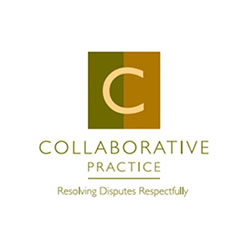MEDIATION
Mediation is a client-centered voluntary alternative to the traditional litigation or adversarial method of resolving Matrimonial and Family Law disputes.
Mediation has been defined as a process in which the parties to a dispute make decisions together based on their understanding of their own views, each other’s views, and the various realities that they each face. Within the mediation model the mediator, acting in a non-coercive manner and while maintaining neutrality, endeavors to have the parties communicate and explore their options in a non-adversarial manner. The mediator helps both parties identify issues, clarify the various perceptions and explore potential options toward resolving the conflict. Often during the mediation process, since neither party is focused solely on winning but rather on trying to find reasonable solutions, the result is that both parties gain more than they thought possible since the process has created a ‘win-win” situation.
Mediation does not preclude the use of lawyers. In fact, lawyers still play vital, albeit a different, role in mediation. First, any agreement produced as a result of mediation should be reviewed by the individual parties’ lawyers to assure that all issues have been addressed and that the legal rights of the parties have been protected. Second, the lawyers can assure that the parties understand their rights and responsibilities as well as the law itself. This will speed up the mediation process.
An advantage of the mediation process is that it can be an efficient process. First, the parties, by working together, will often have less need to engage in fights over smaller issues since they see the bigger picture which becomes more focused. Second, since mediation is based upon the free flow of ideas and the necessity of each party understanding the other’s position there must be transparency regarding information concerning each party’s finances and other facets of their positions which should result in fewer disputes over discovery. Third, in mediation there is less time and energy spent trying to force the other side into submission. Fourth, and this is especially important when there are children involved, under the mediation model there should be less animosity developed or stoked. Thus, relationships with children can more readily be preserved.
There is no guarantee that mediation will result in less expense in any given situation. The number of issues, the contentiousness of the parties and the willingness of the parties to work, both at mediation sessions and in between sessions are all factors which will impact the cost of the process.
Practice Areas
Contact Us



